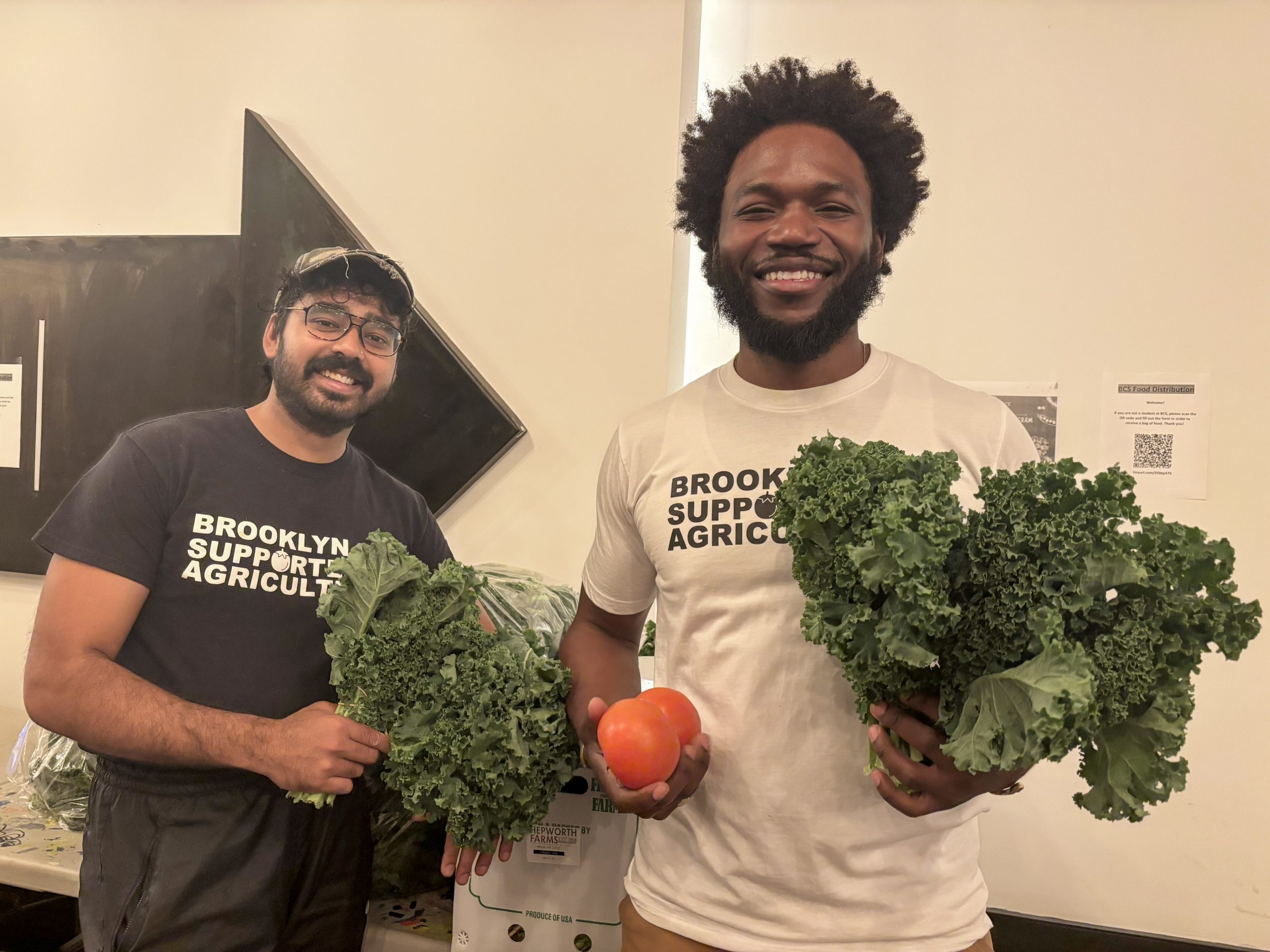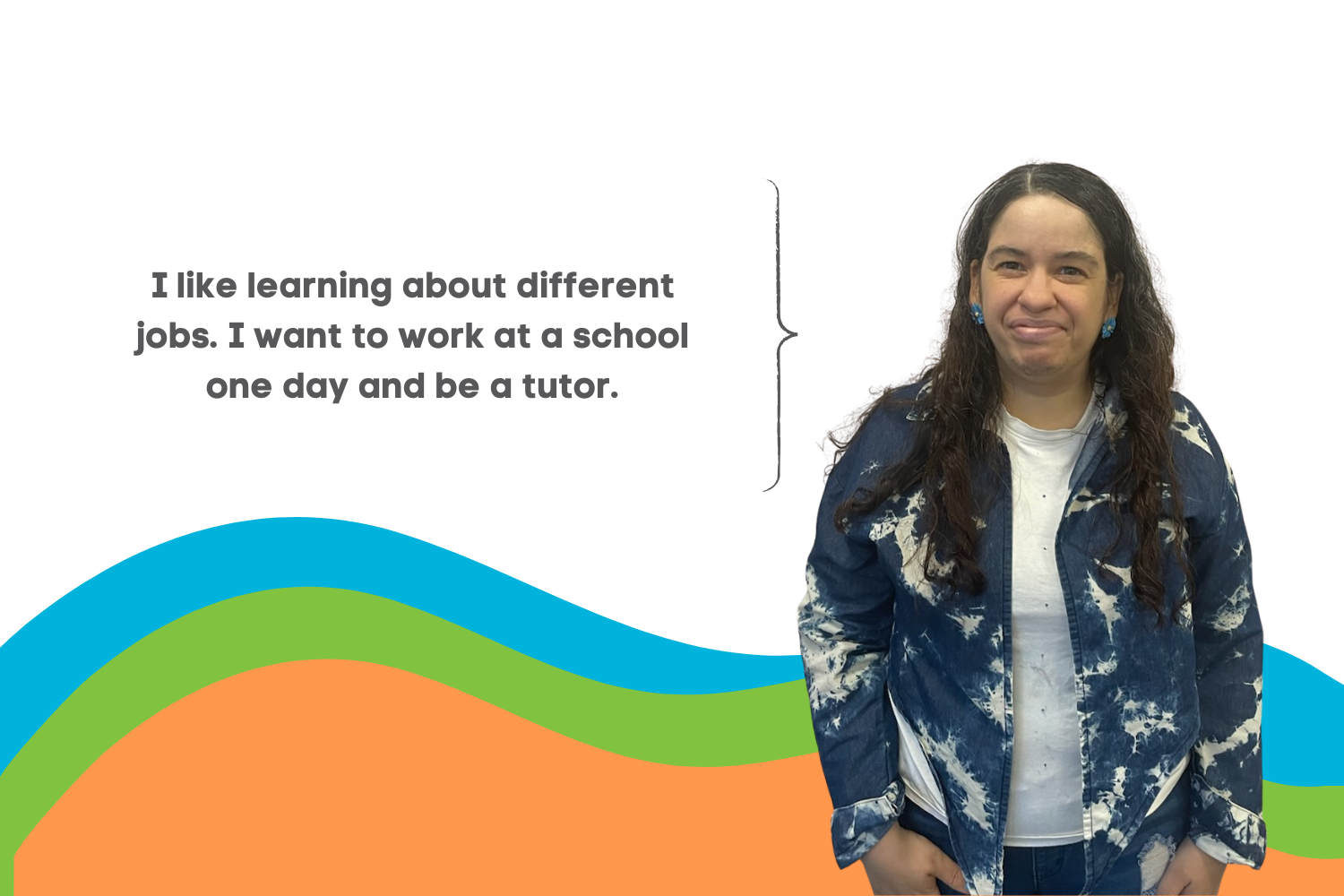Healthcare Inequality in NYC: How BCS is Helping Women Access Quality Care
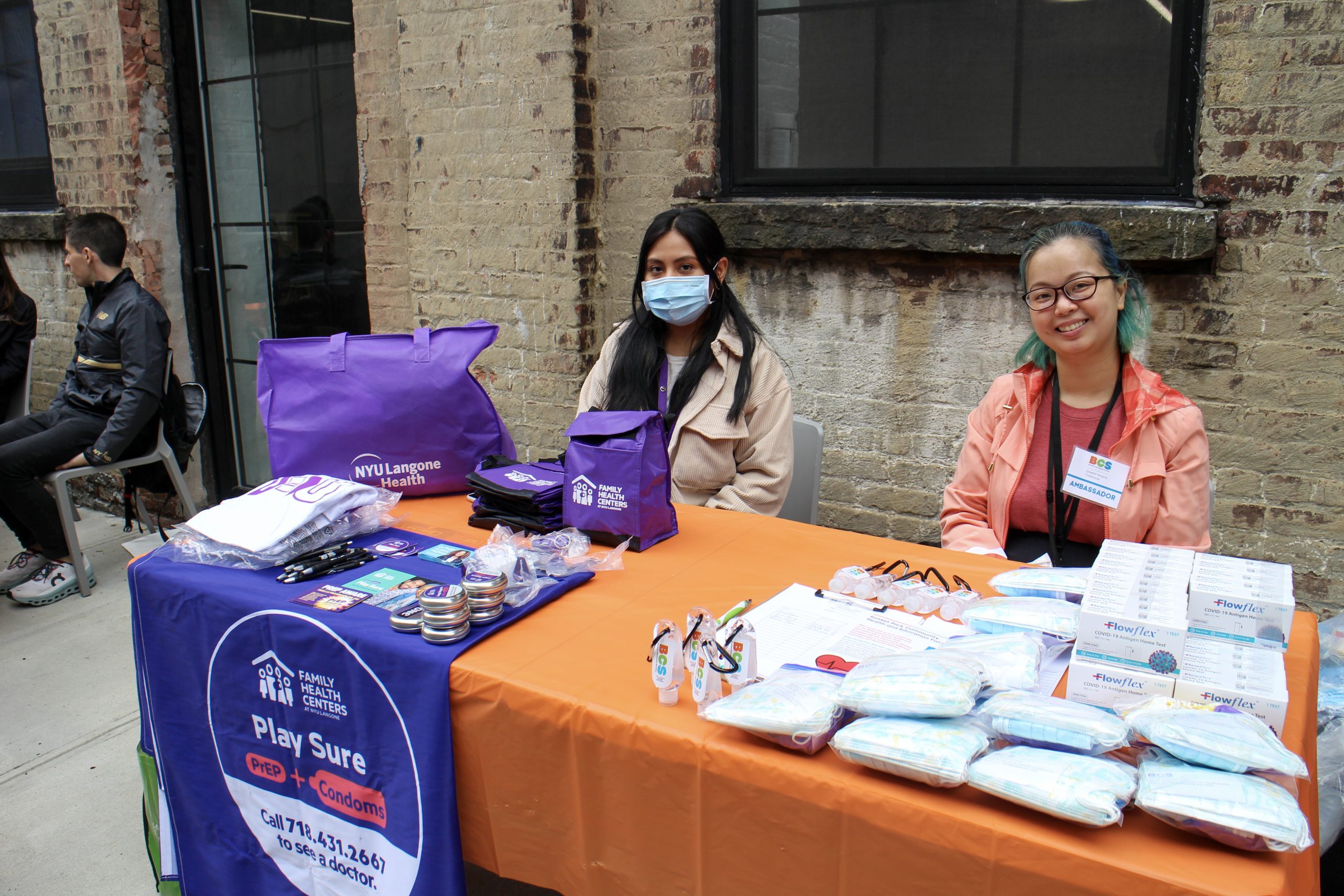
In New York City, women must contend with a healthcare system that overwhelmingly favors men in quality and ease of care. A 2024 survey by the Deloitte Center for Health Solutions found that, as a result of systemic inequity, women are 35% more likely than men to say they’ve skipped or delayed medical care over the course of one year.
The Center attributes this statistic to three primary issues in women’s healthcare: First, affordability. Women are 31% more likely than men to find the cost of healthcare products and services restrictive. Second, women have more difficulty accessing care, meaning they are more likely to miss appointments or not seek solutions due to factors like wait time, restrictive scheduling, and transportation limitations. Third, women more often avoid seeking help because of prior negative experiences, whether that be with a nurse, doctor, retailer, or other administrator.
Stacey E. Rosen, Senior Vice President of Women’s Health at Long Island’s Katz Institute for Women’s Health, explains that women are typically subject to male-centric methods of diagnosis and treatment, which have long been the standard in U.S. medical establishments.
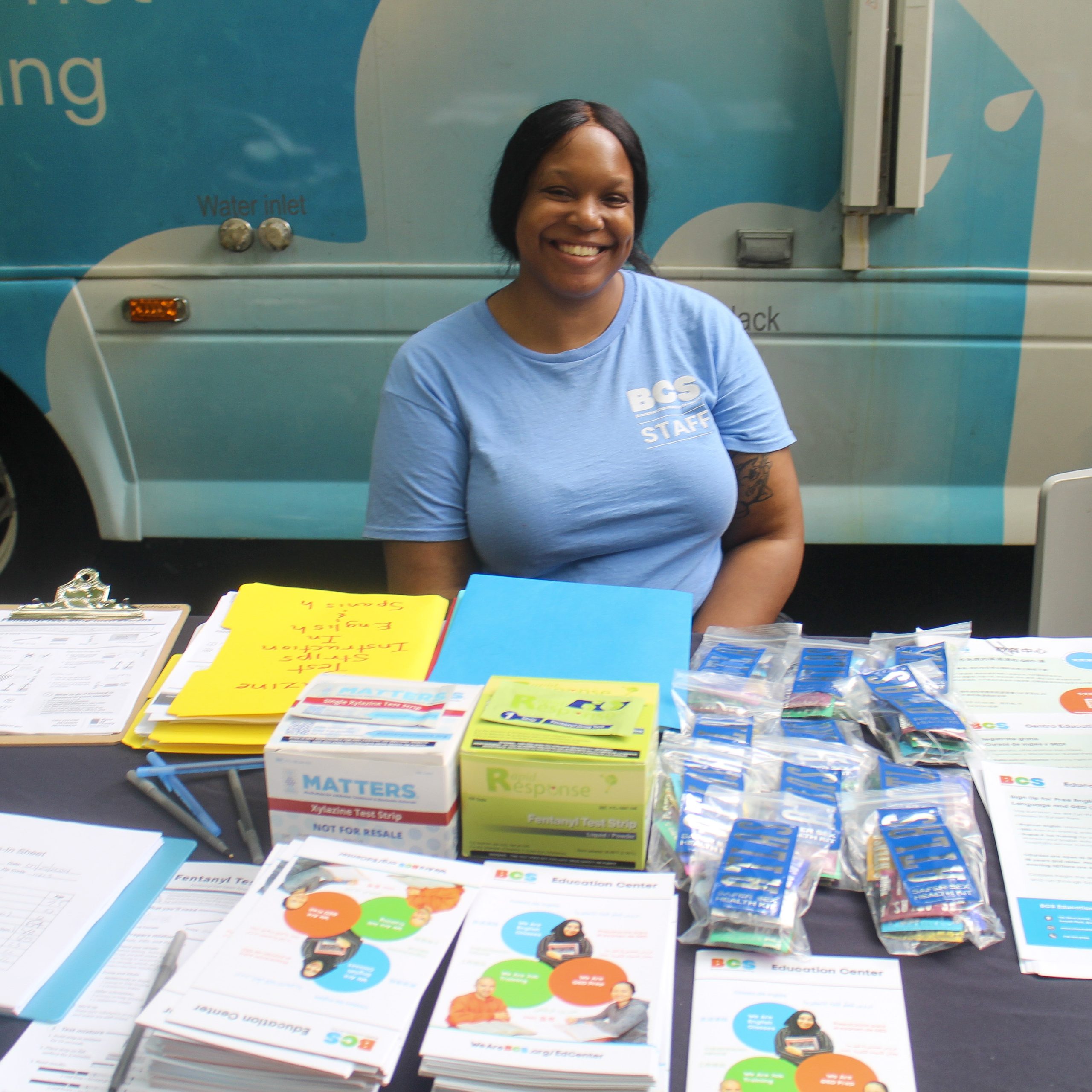
July 2024 Shower in the City event
“There’s this general belief from both physicians and patients that, except for the breasts and reproductive organs, women are pretty much little men—smaller versions of their male counterparts who experience an occasional bout of PMS or a menopausal hot flash,” Rosen says. “But practicing this type of ‘bikini medicine’ is costing women their health and in some cases their lives.”
Women, on average, require more healthcare services than men due to a variety of factors such as maternity-related care, disease prevalence, and biological differences. Yet, despite this, the U.S. medical system has been engineered with men in mind, with many medications, treatments, and medical technology catered to male biology. The Association of American Medical Colleges notes that before 1993, women were hardly represented in clinical trials, and even today, U.S. researchers lack vital information about how many drugs and medical devices affect women.
“The root cause of this inequality is the systemic lack of equitable healthcare access, particularly for marginalized groups,” says Tracy Coit, Director of BCS’s Health, Housing & Homelessness Solutions Division. “Gender biases in medical research, insurance coverage gaps, and societal stigma all contribute to disparities in care.”
Income also plays a large part in how easily women can take care of their health. Especially in expensive cities like New York, the high cost of monthly health insurance (plus out-of-pocket costs) may prevent women from seeking help to begin with. In its 2024 Health Policy Issues in Women’s Health report, KFF noted that affordability is the number one reason why adults said they did not seek health insurance coverage. 31% of insured women reported that their insurance did not cover all of their needs and/or covered less than they expected.
New York’s average insurance premiums for employer-sponsored single-person coverage are already the third-highest in the U.S. and are 12% higher than the national average. Further, the New York State government recently approved an average premium rate increase of about 12% for individuals and more than 8% for small-group plans. This puts women, who make only 85% of what men earn, in an especially vulnerable position.
Coit explains that many of her BCS division’s female clients struggle to access healthcare, often due to lack of coverage, undocumented status, or Medicaid not covering certain necessary services. To break through these barriers, BCS has partnered with community medical clinics and research options with sliding scale fees to connect program members to care.
“At our Young Women’s Shelter, we also provide hygiene kits, which we order from vendors and receive through donations,” Coit explains. “These kits include essential items like soap, toothpaste, feminine hygiene products, and other necessities. By making these resources readily available, we help ensure that the young women in our shelter can maintain their health, dignity, and overall well-being.”
Coit and program directors in her division recognize that unmet healthcare needs can impact other areas of women’s lives. For example, they may struggle to maintain employment or secure stable housing as a result of the health challenges they face.
“There is definitely a discrepancy in how male and female-identifying individuals are treated within the New York City healthcare system,” Coit says. “Many struggle to find providers who are knowledgeable and affirming of their identities, which can lead to delayed or inadequate treatment. Addressing these issues requires policy changes, better provider training, and more inclusive healthcare options.”
Along with the Young Women’s Shelter, BCS operates the Transitional Living Community (TLC), a 30-bed section of the Brooklyn Women’s Shelter in East New York. TLC supports many women who have severe mental illness and/or have dealt with sexual assault and other forms of trauma. In addition to providing women with beds and warm meals, TLC also works diligently to ensure residents have their physical and mental health needs met.
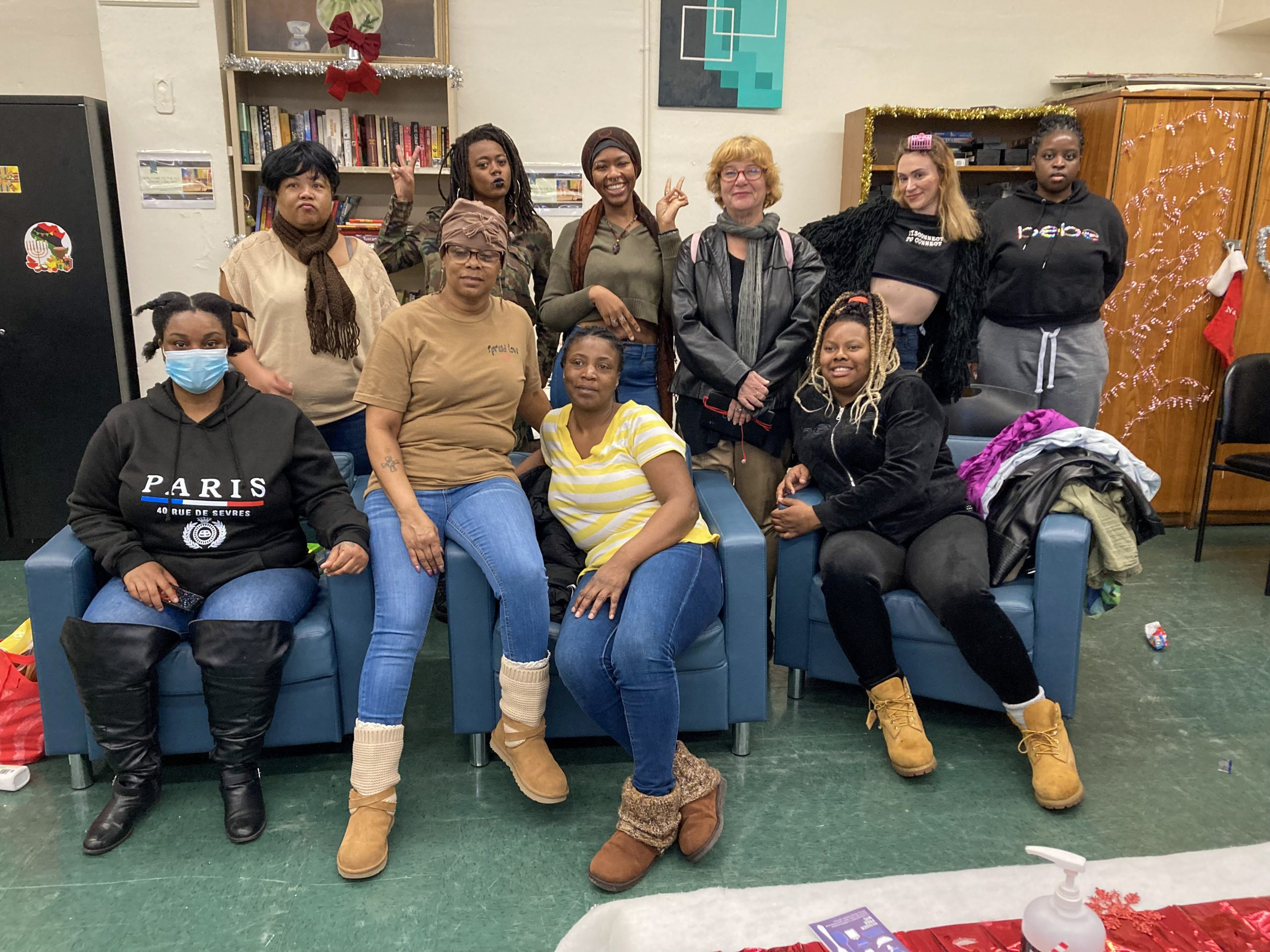
TLC Staff, December 2024
Women at TLC participate in program-wide therapeutic activities, get help making appointments with medical professionals, and regularly receive health and hygiene product donations. Last year, TLC partnered with artist John Donohue and two local restaurants, Fish Cheeks and Vineapple, to raise money for women’s products.
Resident Tatiana Edgerton says that the TLC community has helped her get her health back on track. “When I ended up here, I took my medicine and started therapy. Everything started changing,” Edgerton says. “I feel supported in the sense that I’m still human, and I’m so grateful for [Program Director Christian Molieri] and for my house. I’ve really changed a lot.”
Now that Edgerton is getting the medications she needs and receiving regular check-ups, she is able to focus more on what’s important to her, including her art. “When you look at people’s art, you can tell there’s something there,” she says. “That’s why I want to be the person to put my art out there and connect with people, and I’ve learned here to have a voice.”
Pam Guigli, head of the Greater Heights Clubhouse and former Director of BCS’s Covid Disparities Program, says it’s rewarding to make such a direct impact on women’s lives. “We had an outreach event at a back to school event and there was a pregnant mom there, and she started to break down and cry because she’s not prepared for this new baby,” Pam says. “My staff member was able to comfort her and connect her to resources that she could use, like a doula, who’s going to help her in these last weeks of her pregnancy. She also got her a car seat and a stroller, things that she really needed at that moment.”
While BCS is unable to reach every woman in Brooklyn, we are dedicated to ensuring that the women in our programs receive all the tools and resources they need to keep themselves and their families healthy. This year, we are organizing drives for women’s health and hygiene products to be distributed across our programs. Additionally, our Street Outreach program continues to offer women clinic referrals and provide them with immediate first-aid or harm reduction support when needed.
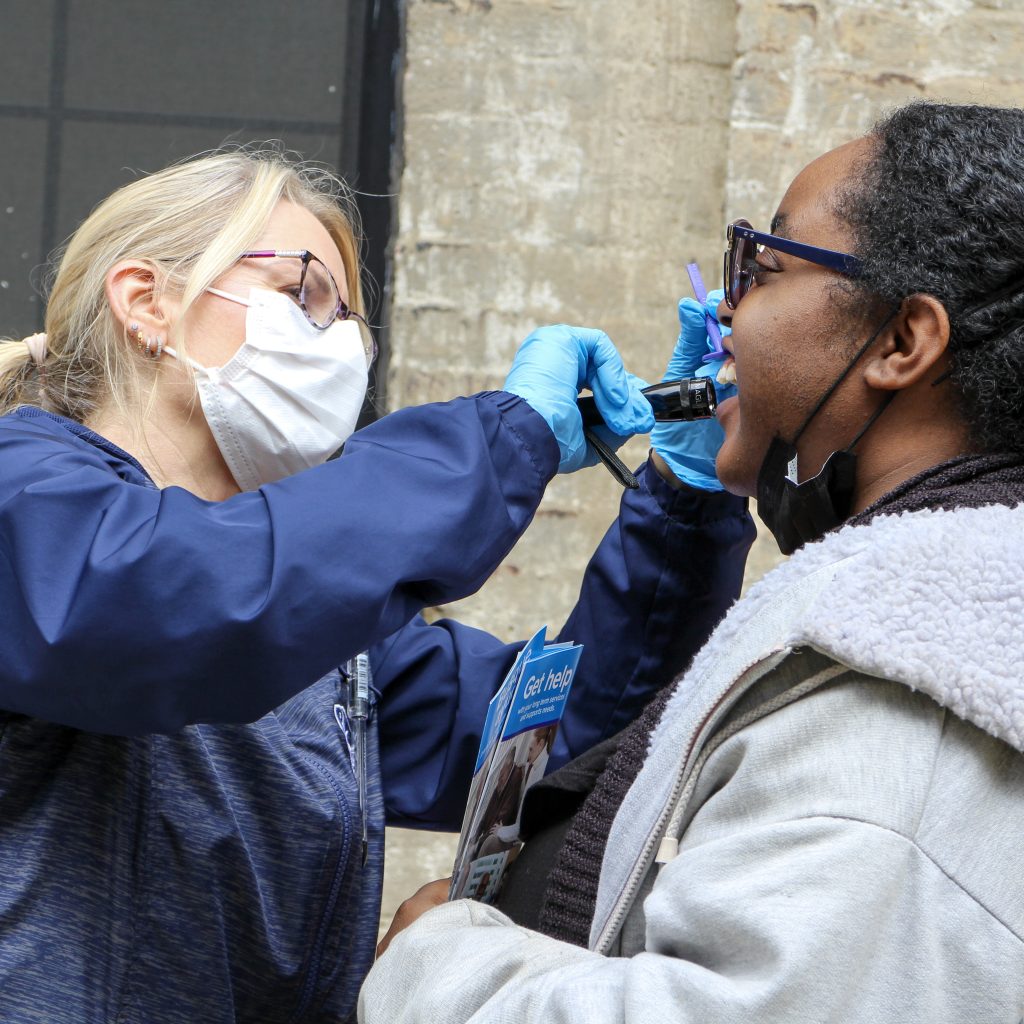
May 2022 Education Center Health Fair
Suzanne Hope, Director of Street Outreach, says that “bridging the gap” for women in Brooklyn remains a top priority for her team of medical and social service workers. She notes that Street Outreach’s mission is not only to provide women with the tools they need but also to educate and empower them to advocate for themselves. Addressing womens’ needs requires a holistic view and culturally-sensitive, empathetic care. BCS is committed to using this approach in all of our female-centric work, ensuring that women do not feel hopeless in the wake of healthcare disparities and, instead, have affordable access to the resources they need.
Top Viewed Posts
Youth Art Programs
Program Spotlight: Day Habilitation
BCS Volunteers Spring into Action for Brooklyn
Recent News

Participant Spotlight: Ann Salmon, PROS
July 16, 2025
Read More
 SUBSCRIBE
SUBSCRIBE 


